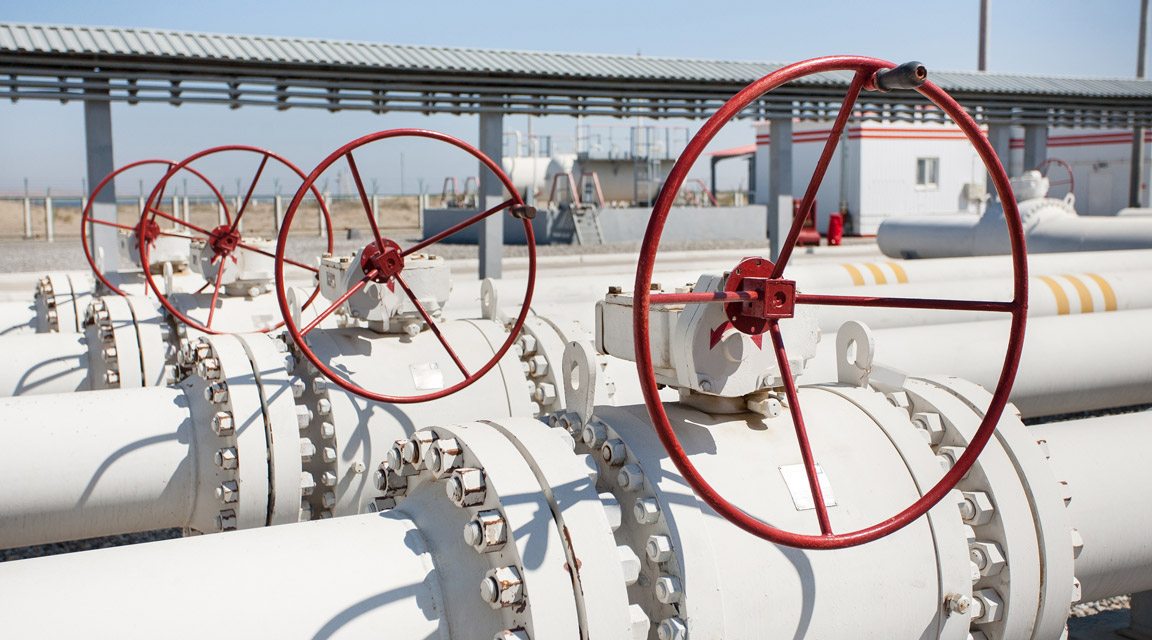

Canada's Hatch has been awarded a contract for the front-end engineering and design (feed) of the expansion of gas facilities in Iraqi Kurdistan for the Pearl Petroleum consortium, said sources close to the project.
Pearl is developing the Khor Mor and Chemchemal gas fields, which hold an estimated total of more than 15 trillion cubic feet of gas and 310 million barrels of condensate reserves.
The consortium is currently working on ramping up gas production in northern Iraq, by debottlenecking its two 150 million cubic feet a day (cf/d) gas processing plants at Khor Mor. This will add 85 million cf/d, boosting total production capacity by 25 per cent to 385 million cf/d before the end of 2018. Condensate production will also increase to 20,000 barrels a day (b/d), up from around 13,000 b/d currently.
Output from Khor Mor is currently used for power generation in Iraqi Kurdistan.
The new feed contract with Hatch covers the first phase of a planned expansion at Chemchemal, covering the first of two new 250 million cf/d gas processing trains, which will be brought onstream in 2020 and 2021.
Pearl’s shareholders are Sharjah-based Dana Gas and Crescent Petroleum, along with three major European energy companies: OMV of Austria, MOL of Hungary and Germany’s RWE. The shareholders could not be reached for a comment on the contract award.
The expansion of production from Khor Mor and Chemchemal has long been delayed by a contractual dispute between Pearl and the semi-autonomous Kurdistan Regional Government (KRG). This was finally settled last August when the KRG agreed to pay Pearl $1bn to settle the dispute. These funds will go a long way to helping Pearl pursue its long-held ambitions of exporting gas from Iraqi Kurdistan through Turkey, and potentially to Europe.
The expanded gas production from Khor Mor will be used by the KRG under a new 10-year gas sales agreement signed with the KRG in January. But further ahead, Pearl aims to hit a capacity of 900 million cf/d by 2021, up around 170 per cent from its current levels.
Output from the first of the new gas processing trains is also expected to be used by the KRG, and Pearl is in talks to finalise the gas sales agreement. But since the KRG will be unable to absorb any additional volumes, gas from the second train would have to be exported, the sources said.
The consortium has two options for these gas exports, they added. One relies on the development of a new gas export pipeline to Turkey by Russia’s Rosneft, or Pearl can push ahead along to build its own pipeline.
The KRG and Rosneft signed deals last September to develop a major 30 billion cubic feet a year gas pipeline by 2020, although this time frame looks increasingly unrealistic.
You might also like...

Acwa Power eyes selective asset sales
24 April 2024

Bahrain mall to install solar carport
24 April 2024

Aramco extends Karan field bid deadline
24 April 2024

Muscat appoints expressway consultant
24 April 2024
A MEED Subscription...
Subscribe or upgrade your current MEED.com package to support your strategic planning with the MENA region’s best source of business information. Proceed to our online shop below to find out more about the features in each package.




